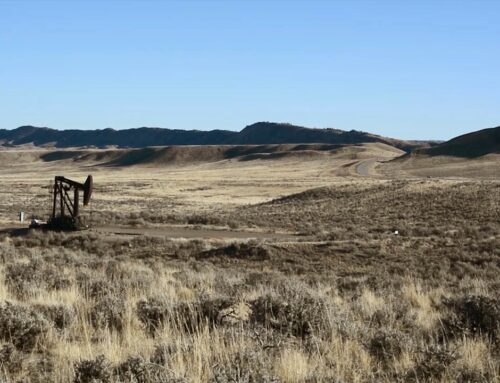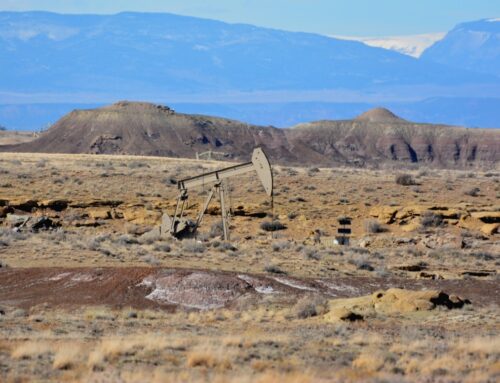It’s taken years, but taxpayers in Nevada may soon start receiving a fair return for renewable energy development on public lands. What’s changed? It all comes down to something called the Wind and Solar Leasing Rule, which the Bureau of Land Management is expected to release any day now.
In addition to creating competitive bidding on public land for producing renewable energy, the rule would also establish fees based on megawatt capacity for wind and solar energy projects in order to capture a fair market value and a fair return for the public.
Why the need for a new rule at all? For one thing, the BLM is playing catch-up with renewables. It does not have a system to locate and offer plots for renewable projects on federal lands like it does for oil and gas and other energy sources. Normally, the BLM manages development on public lands by issuing leases and charging royalties to commercial producers. But for wind and solar projects, the BLM cannot actually create the kind of leasing system that exists for oil and gas, including charging royalty payments, until given congressional authorization.

The Department of the Interior has already identified about 600 square miles of land in the Southwest best suited for large, utility-scale solar projects. But Congress, ever slow to act, has never given the department the authority to set up a leasing system for wind and solar projects.. This lack of direction has forced the agency to devise alternative approaches to developing these resources in a responsible way.
While the program is still evolving, the potential benefits are already on display in Nevada: In 2014, the BLM held a competitive leasing auction for six areas within the Dry Lake solar energy zone in Lincoln County. It quickly approved three solar projects from the auction, and construction is expected to begin this year. All told, the auction yielded a total of $5.8 million in payments to taxpayers.
Not surprisingly, the solar and wind industry isn’t enthusiastic about the new plan. Like the oil and gas and coal industries before them, they want fewer requirements and less costs. They have made Chicken Little claims about the industry grinding to a halt under the new regulations, which ignore how the wind industry has located only about 2 percent of all wind energy production on federal lands under the old rules. Solar and wind companies are in business to make money. But their interests should not supersede those of taxpayers.
Put simply, taxpayers in Nevada and across the United States deserve a decent cut from the sale of renewable energy produced on public lands just like any other public resource. The BLM deserves praise for trying to protect the public interest with its proposal to competitively lease renewable leases. The agency should move forward with finalizing the leasing rule without delay.
Ryan Alexander is the president of Taxpayers for Common Sense, a nonpartisan taxpayer advocate and government watchdog organization.










